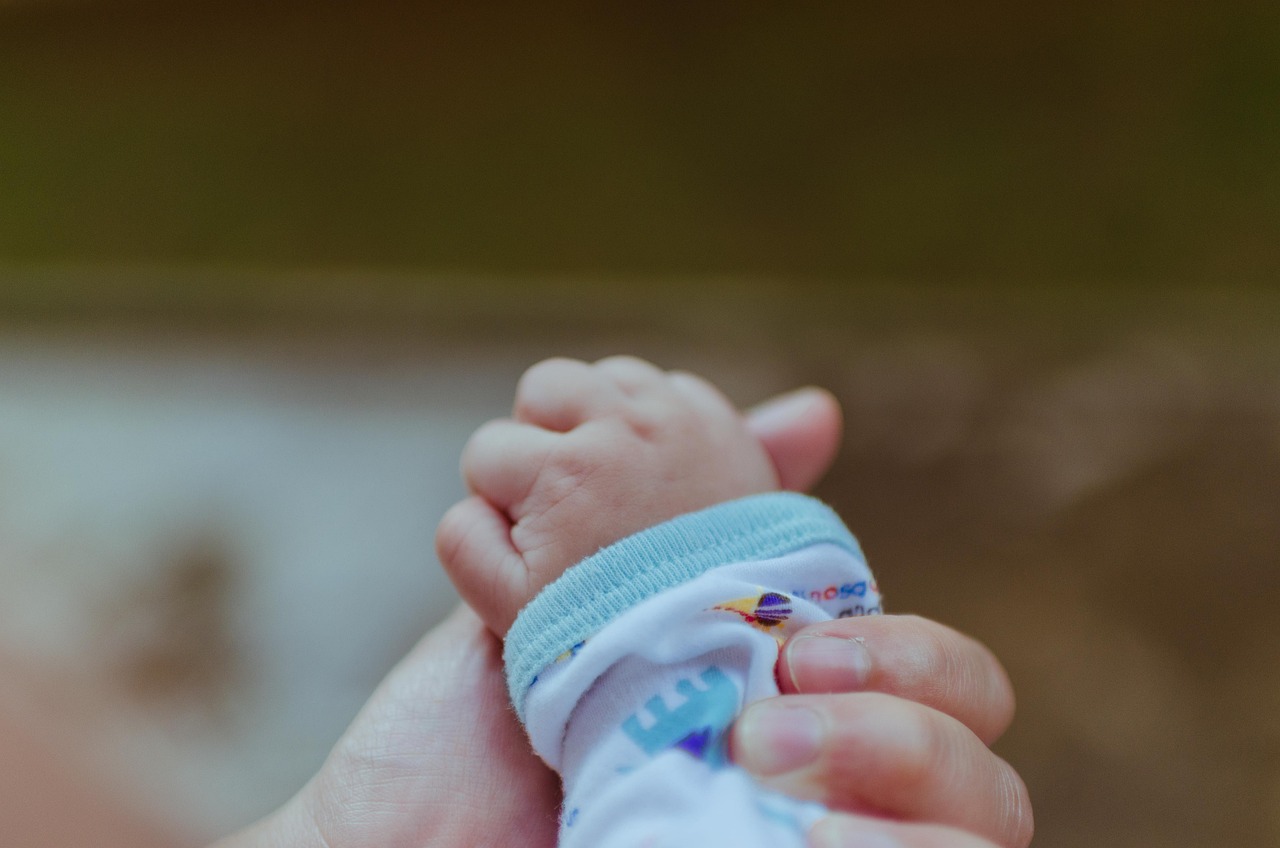What Is the Golden Hour?
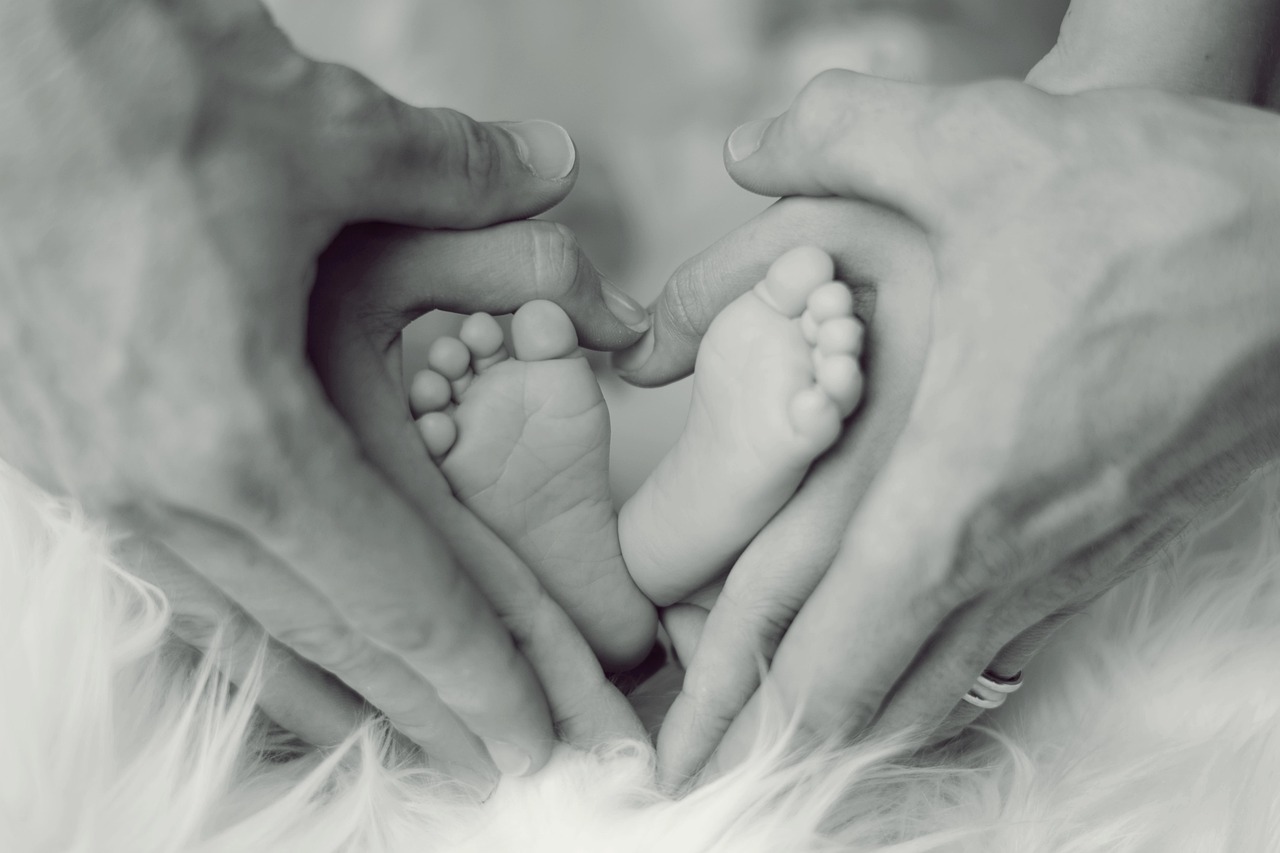
The first hour or two after birth is often called the “Golden Hour” or “Magical Hour.” This is a crucial time for bonding, breastfeeding, and ensuring a smooth transition to life outside the womb. But what makes this period so important?
For a healthy newborn, the best place to be immediately after birth is skin-to-skin on the chest of the birthing parent. Like all mammals, human babies instinctively seek warmth, security, and nourishment from their mother right away.
Of course, some babies need medical attention after birth. In cases where skin-to-skin contact isn’t immediately possible, it’s best to ensure the baby receives this care as soon as they are stable.
What Happens in the First Hour?
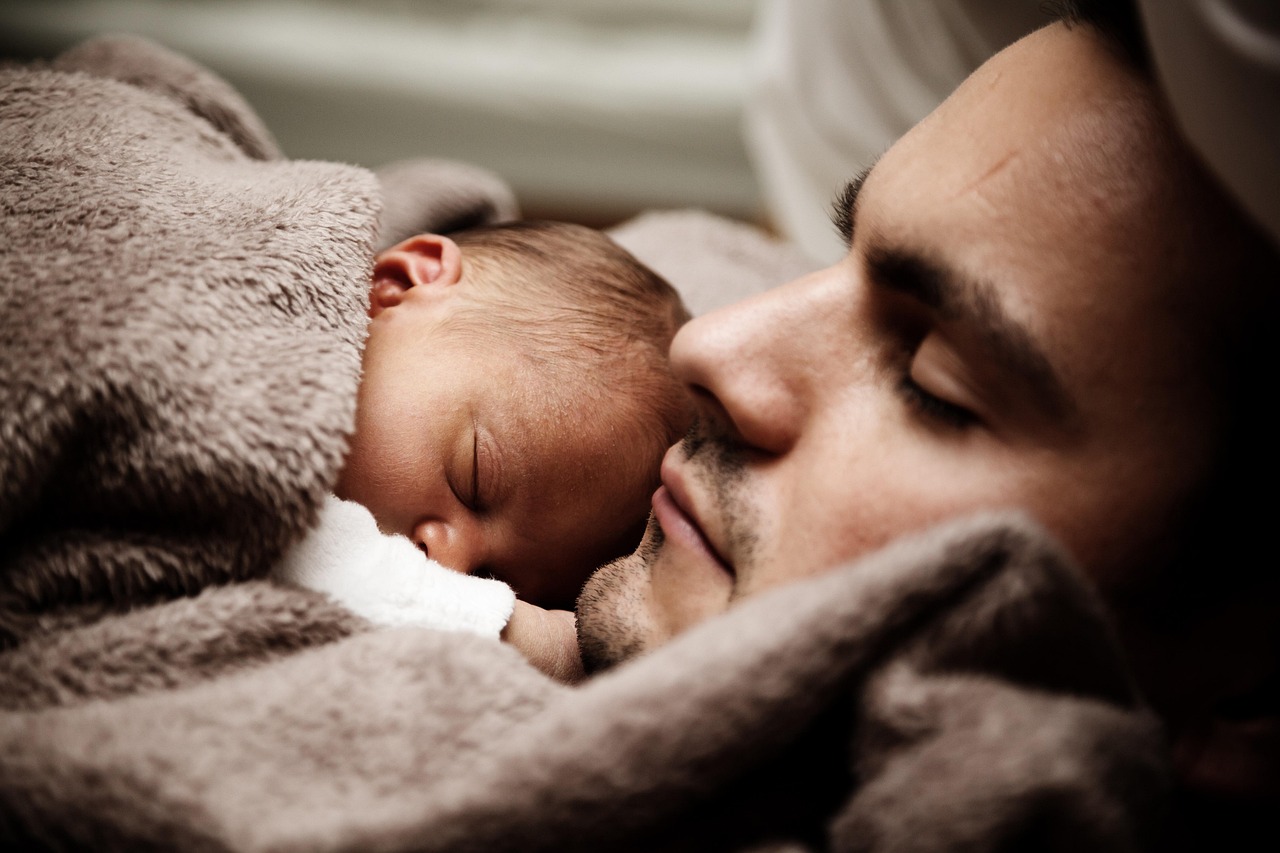
When placed skin-to-skin, babies go through natural stages of behaviour:
- Crying briefly, then relaxing.
- Becoming more active, moving their arms, legs, and head.
- Showing feeding cues, such as mouth movements and sticking out their tongue.
- Moving towards the breast, exploring with their hands and mouth.
- Latching onto the nipple, typically within 45 minutes to an hour.
- Falling into a deep sleep, usually 90 minutes to two hours after birth.
This is also an ideal time for parents to bond with their newborn by talking, making eye contact, and simply holding them close. Skin-to-skin contact helps regulate the baby’s temperature, heart rate, and breathing while reducing stress for both baby and parent.
Why Skin-to-Skin Contact Matters
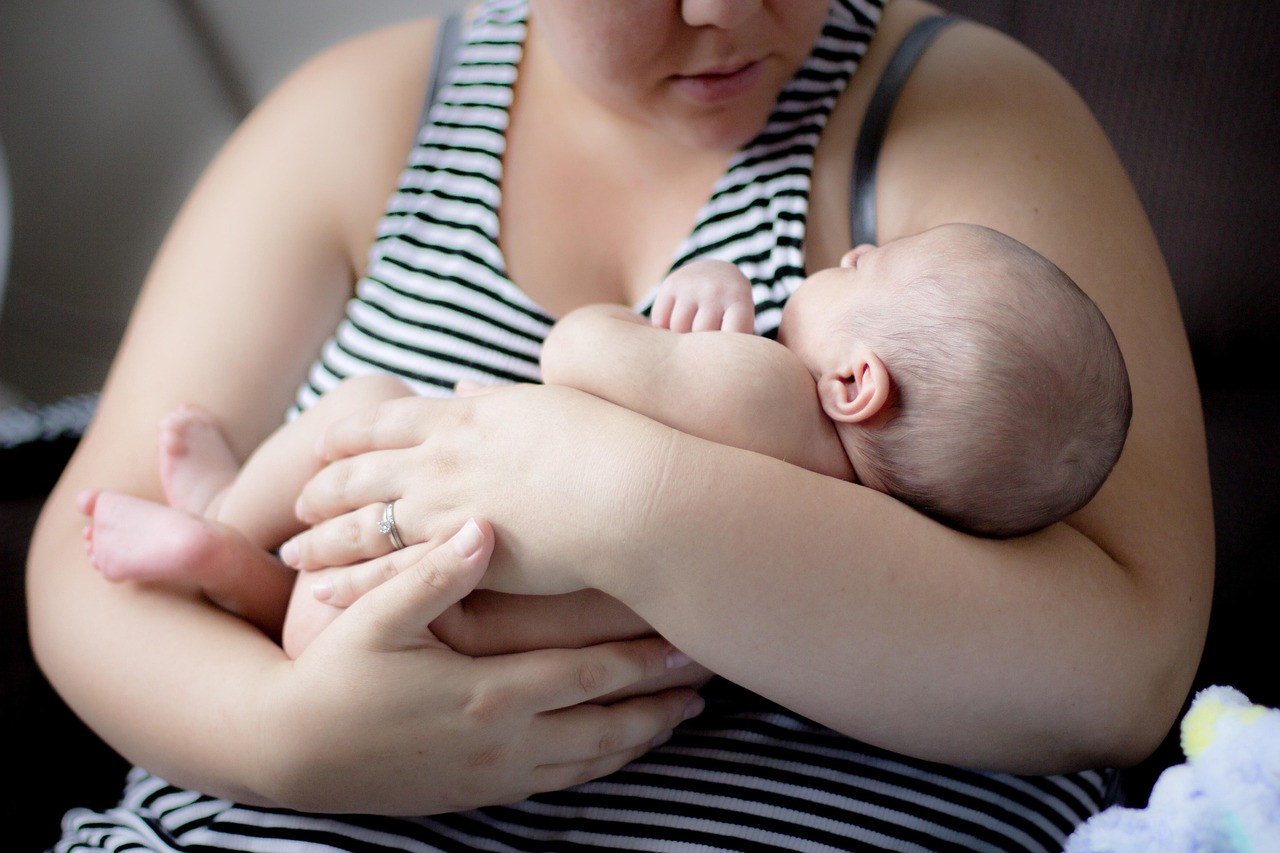
Research shows that immediate skin-to-skin contact has significant benefits:
- Supports breastfeeding success – Babies who latch in the first hour are more likely to continue breastfeeding long-term.
- Encourages bonding – Early contact builds trust and emotional connection.
- Regulates body functions – Helps babies maintain warmth, oxygen levels, and a stable heart rate.
- Reduces stress – Babies held skin-to-skin cry less and release fewer stress hormones.
If the birthing parent cannot hold the baby right away, skin-to-skin contact with the other parent or a family member still provides many of these benefits.
Delaying Routine Newborn Procedures
For healthy, full-term babies, most medical procedures can wait. Weighing, measuring, and administering routine newborn care (such as the Vitamin K injection) are not urgent and can be done after the Golden Hour. Even a baby’s first bath is best delayed for at least 12 hours, as studies show this helps improve breastfeeding success.
The Risks of Separation

For decades, hospitals routinely separated babies from their parents after birth. However, research has shown that this can cause unnecessary stress. When separated, babies often cry intensely, experience elevated heart rates, and release high levels of stress hormones. If the separation continues, they enter a “despair” phase, which can lead to prolonged stress.
The good news? Babies are incredibly resilient. When reunited with their parents, their stress levels drop quickly, and they settle into a calm state.
What If Medical Care Is Needed?
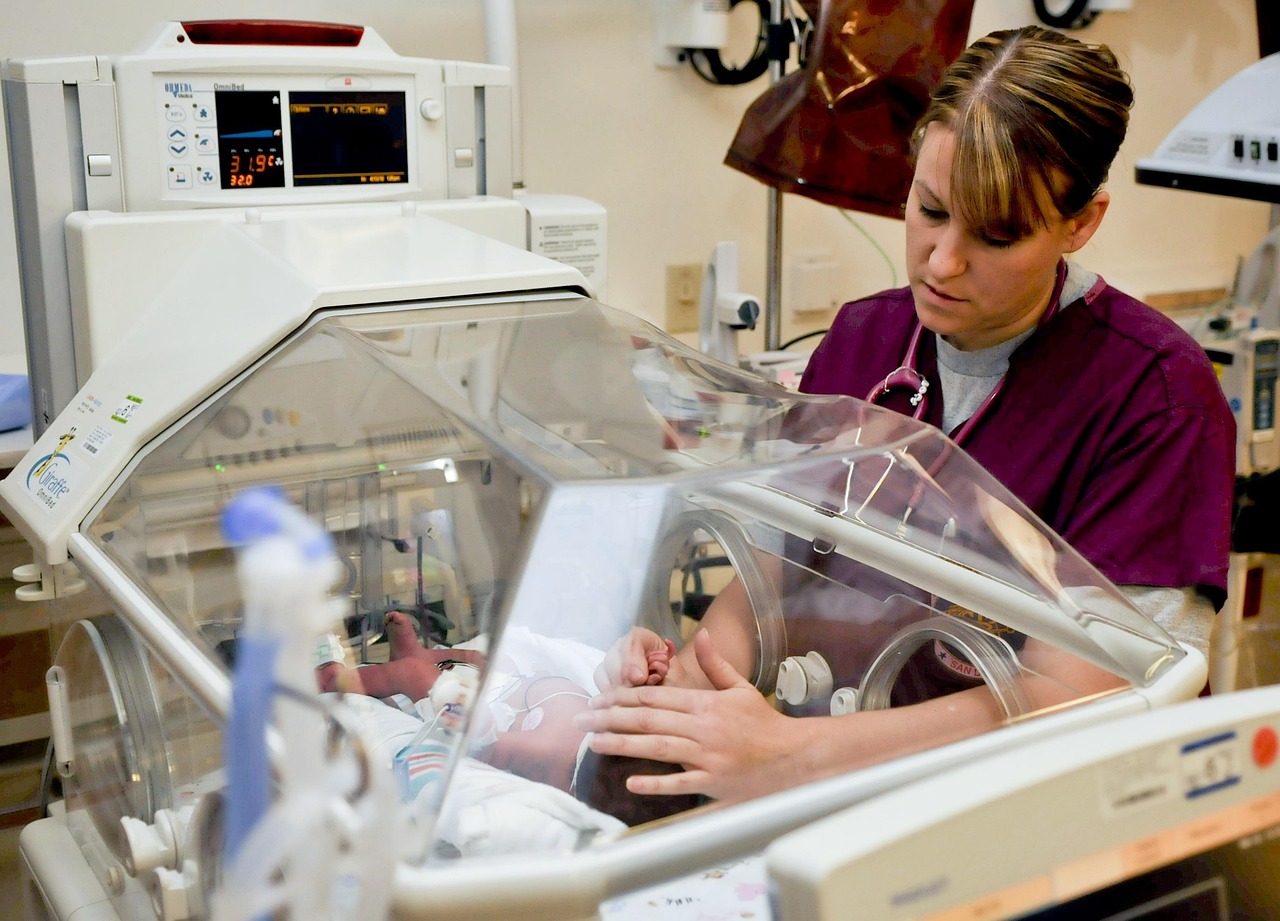
Some babies need additional care after birth, whether in a neonatal intensive care unit (NICU) or a special care nursery. In these cases:
- If possible, the non-birthing parent should stay with the baby.
- The baby should be reunited with the mother as soon as medically possible.
- Skin-to-skin care can be done in the NICU and has been shown to improve outcomes for preterm or unwell babies.
Skin-to-Skin After a C-Section
Many hospitals now offer family-centred or gentle C-sections, where the baby is placed directly on the mother’s chest in the operating room. Some babies even latch onto the breast while the surgery is still being completed. While this practice is not yet common in Thailand, expectant parents can discuss their options with their doctor during pregnancy.
Protecting the Golden Hour
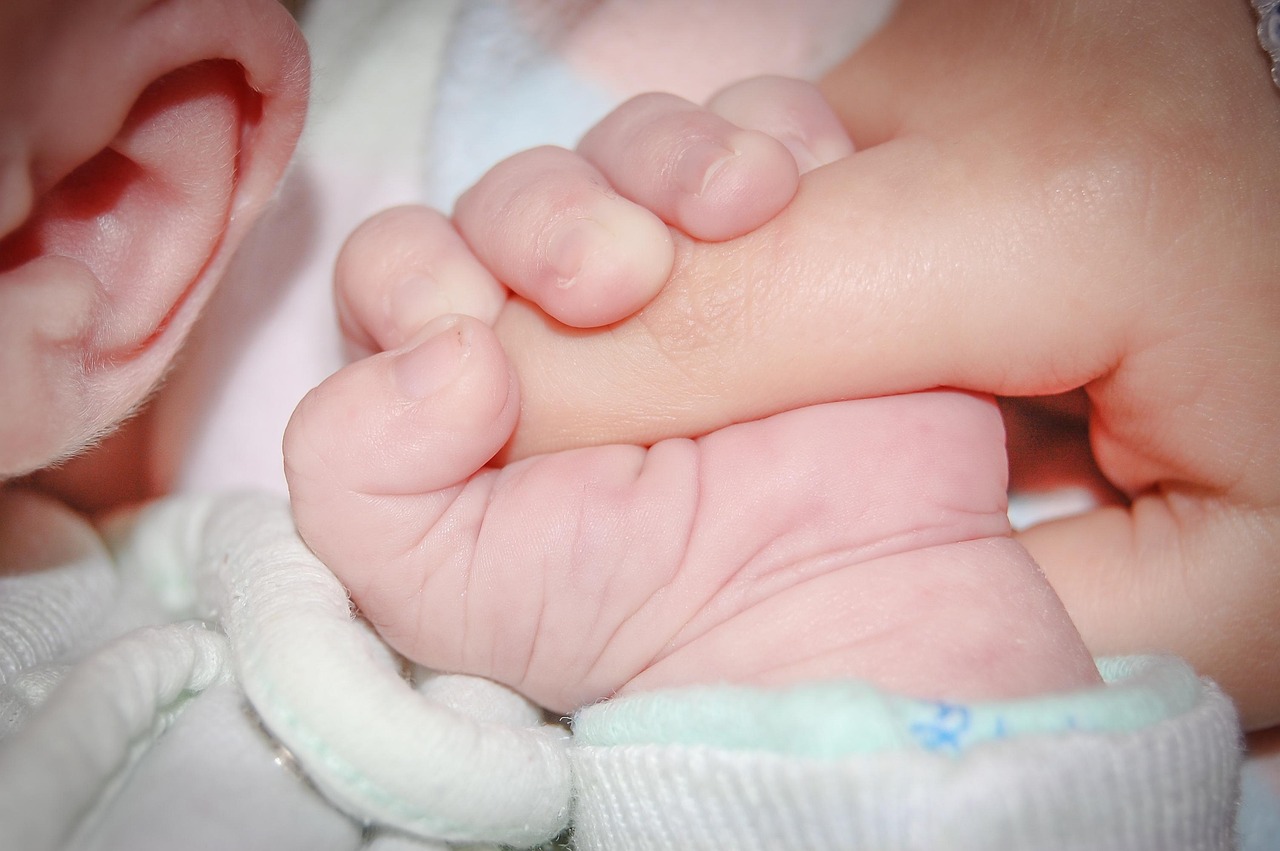
The Golden Hour is a once-in-a-lifetime moment that sets the foundation for bonding, breastfeeding, and emotional security. Parents can help ensure this time is protected by:
- Discussing their birth preferences with healthcare providers in advance.
- Requesting immediate skin-to-skin contact after birth.
- Delaying routine procedures until after bonding and the first feed.
- Using a written birth plan to communicate their wishes.
Hospitals and doctors can also support families by updating outdated policies and ensuring parents are given the opportunity to stay with their newborns whenever possible.
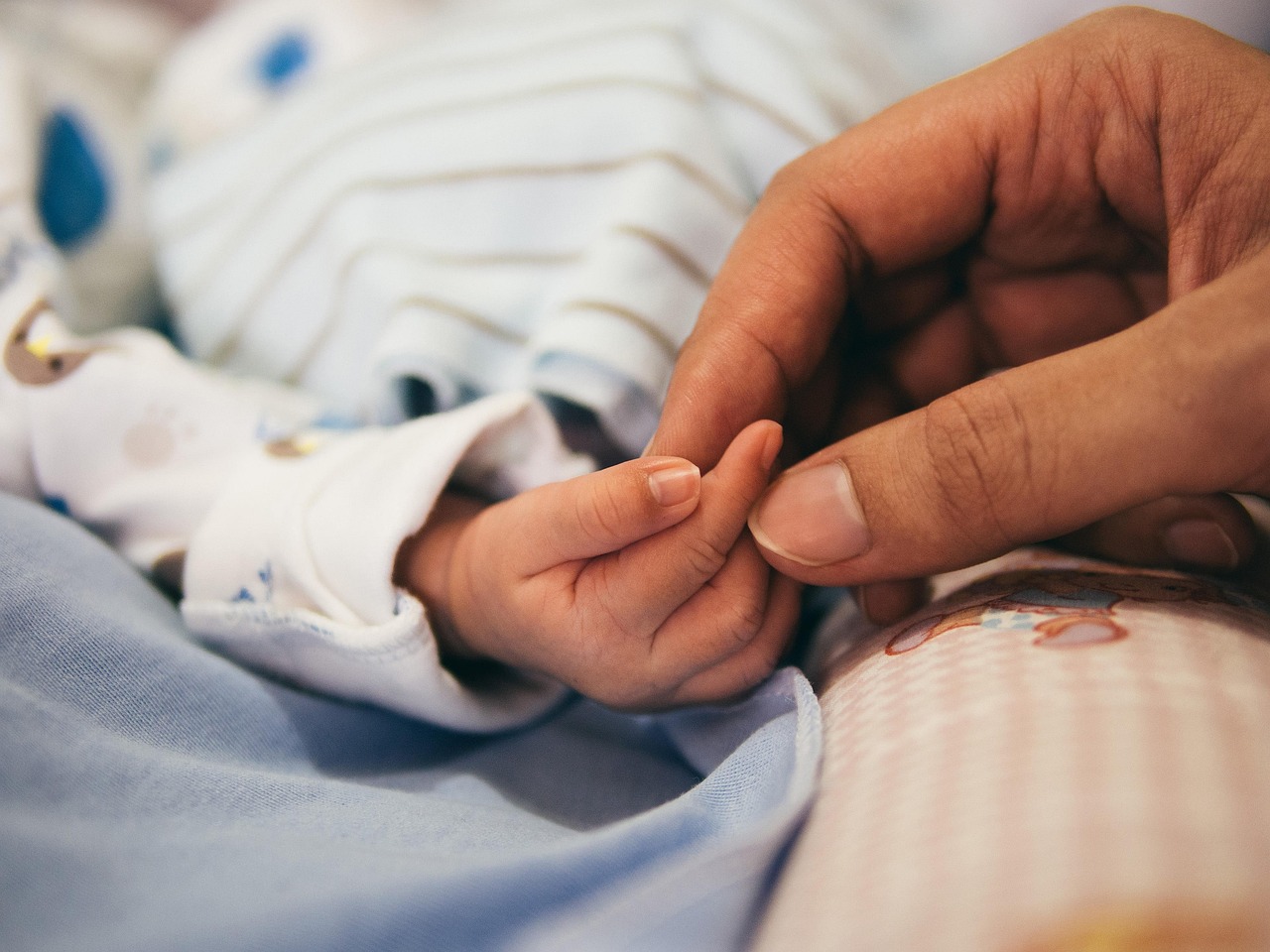
The first two hours after birth are a vital time for newborns and their parents. Holding your baby skin-to-skin, allowing them to feed naturally, and simply enjoying these first moments together can have lifelong benefits. Wherever you plan to give birth, talking to your healthcare provider about your preferences can help make the most of this special time.



